BY JEN VAUGHN
If TED Conventions had an OKCupid profile it would have listed itself as Expensive, Elite and Closed. But in 2006 they made a change towards radical openness and as TED Media Executive Producer June Cohen found out “all the untended consequences were explosively positive.” These lectures and talks all recorded from one convention and released periodically throughout the year. They range from urban forest integration to living forever to blaming your muse.
TEDtalks stands out in that they are reaching out to the world. With dropdown menus you can listen and read the talks in over 80 different languages. They even have an interactive script so when you click on a part of the script, it takes you to that part of the video. In some ways this reminds me of First Second’s webcomic Zahra’s Paradise (by Amir and Kahlil) that has twelve language options and the text actually changes inside the word balloons! 
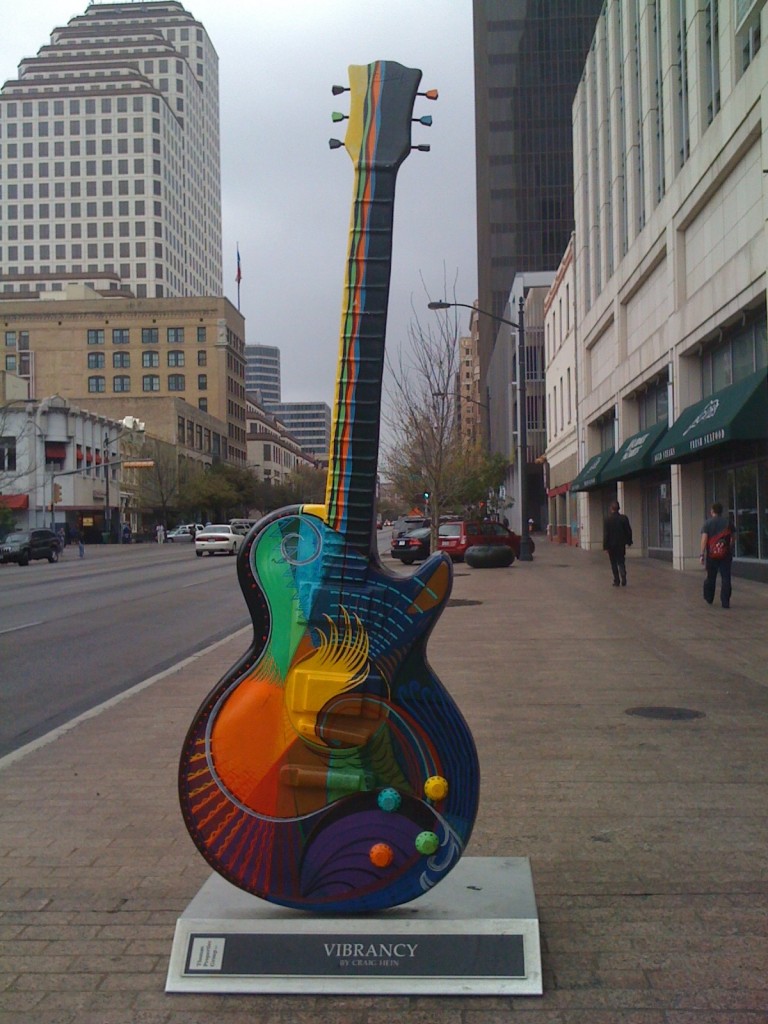
Much to my surprise there was not only a SXSW comics meet up but an anime AND a furry meet up yet I only had time for one. Noah Kuttler, local creator, moderated between aspiring cartoonists, publishers and one sassy-ass reader. The disconnect became apparent. The creators in the room were all working only with ink or digital ink but predominately by themselves. The publishers were hungry for eBook money and original new content created FOR those mediums, instead of tagging on features. It was excellent to see the exchange as the brains began to bash together. Christopher Allen, a transmedia producer, pointed out that you should treat every panel as it if bigger than you are cropping for publication JUST IN CASE. In fact, the future of independent digital comics may be in the past: using layered art, like early animations with cels and painted background, for multiple uses in the media. It might behoove the more creators to make themselves available to the producers of mobile apps who need not only cartoonists but excellent and flexible ones.
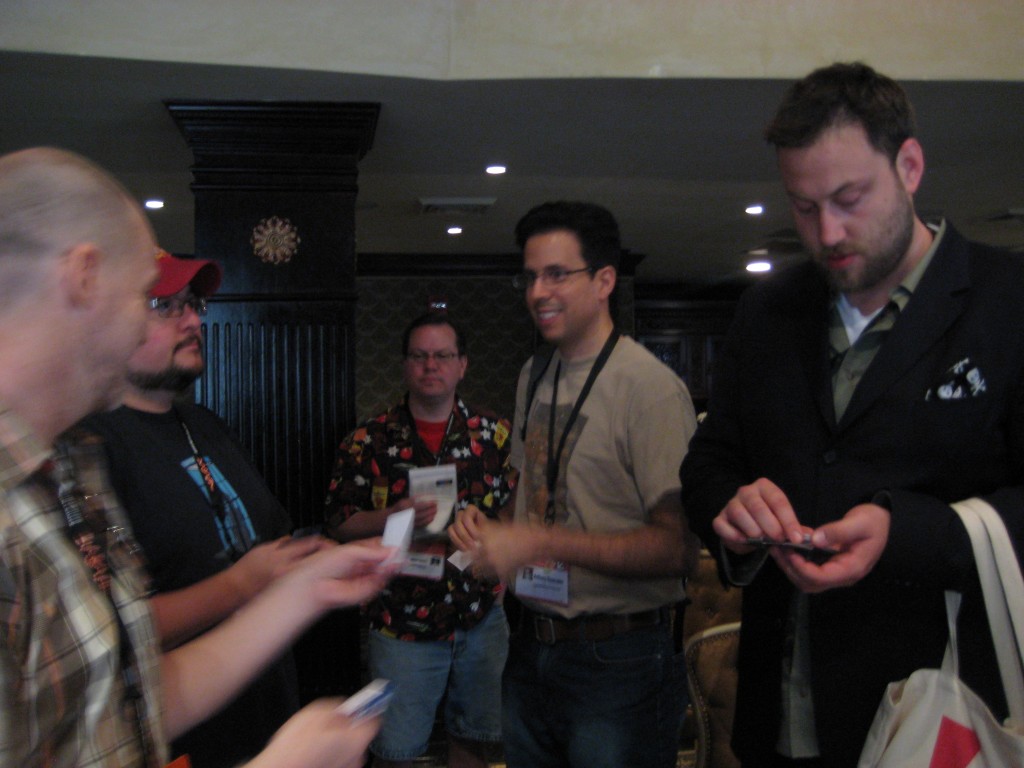
Next up was the Massive Concepts in The Department of Art featuring the founders and faculty of the new school, The Art Department: Jaclyn Havlak, Jason Manley, Lorne Lanning, Rick Boyko and Brendan Harkin. Affectionately referred to as TAD, this new career-driven art school focuses on both digital and traditional media, offering classes both online and at three different locations or ‘pods’ around the US. One of these pods happened to be smack-dab in the heart of Austin, a block from the Austin Convention Center. The faculty shared their advice on the industry: the more fluid you can be the better especially since thanks to the internet your competition can be the designer next door or in Izmir, Turkey. 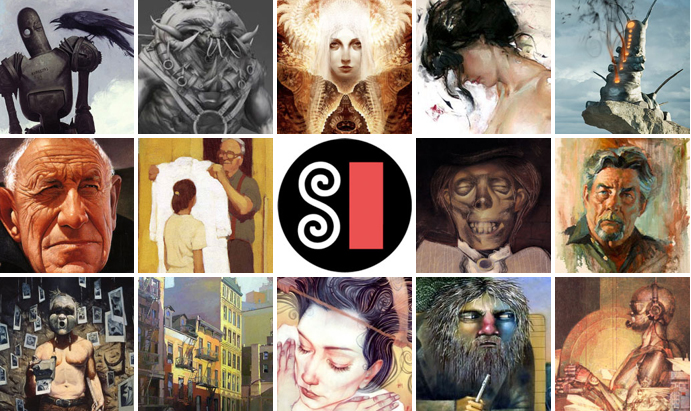
—
Jen Vaughn, part-time librarian and full-time cartoonist is a fan of TEDtalks especially this one.


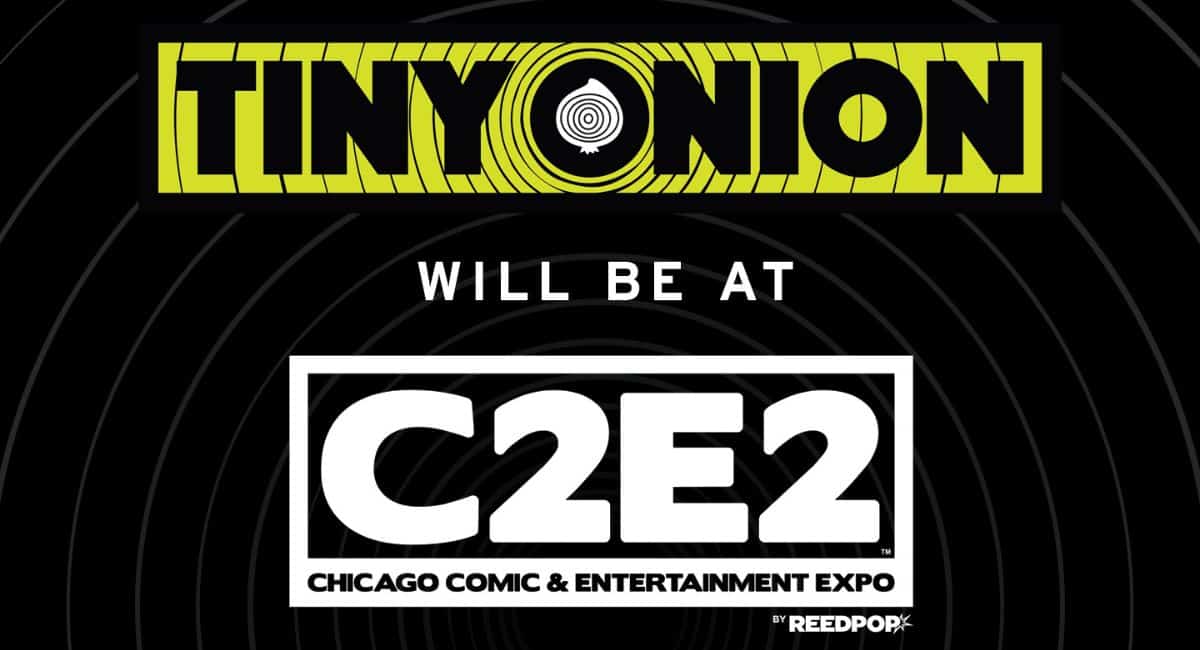
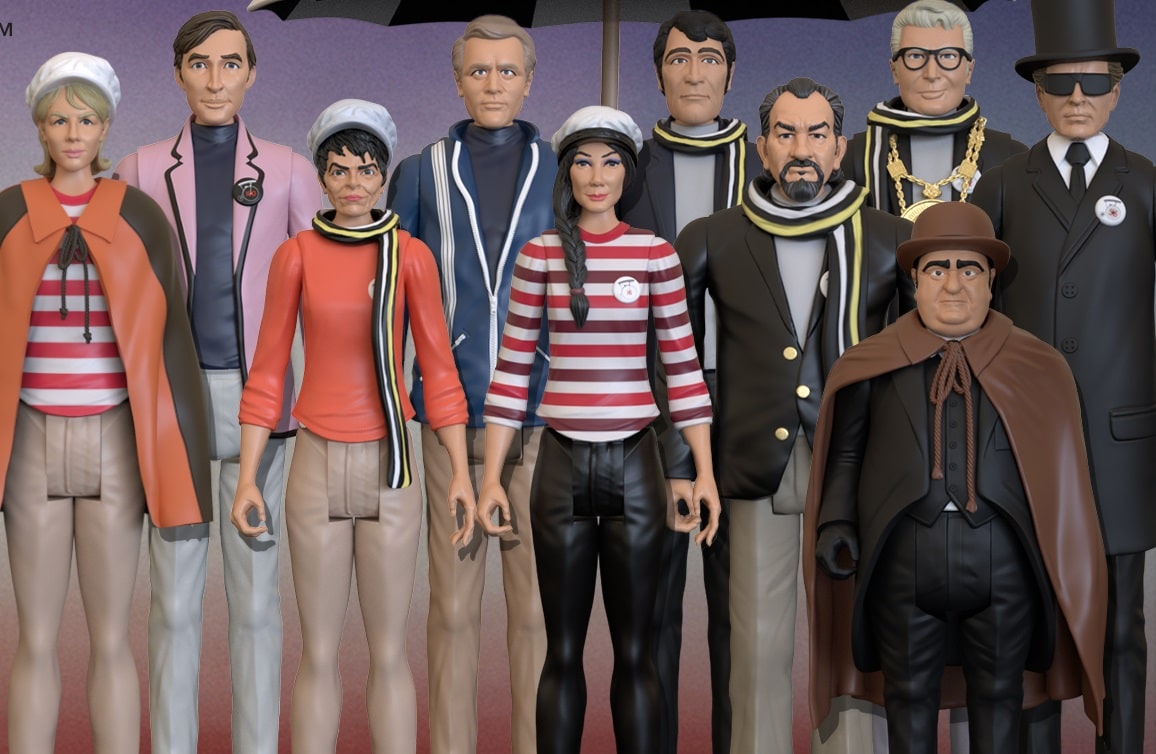

I’ve watched several TED talks and enjoy, them but I just don’t quite understand how “some dude/lady talking on a stage” is so remarkably different at TED than anywhere else? I can’t wrap my head around why these are all such a big deal.
Is it because they are carefully curated? Because they are posted online? That they only happen at really nice venues?
What’s the big difference with TED?
Thanks so much for coming to the comics meet up. I was pleased when the SXSW folks asked me to host it and I think that we had a great turn out from creators, publishers and fans who all had a good time and I’m hoping the networking benefits everyone who attended.
MAN I love me some TED talks.